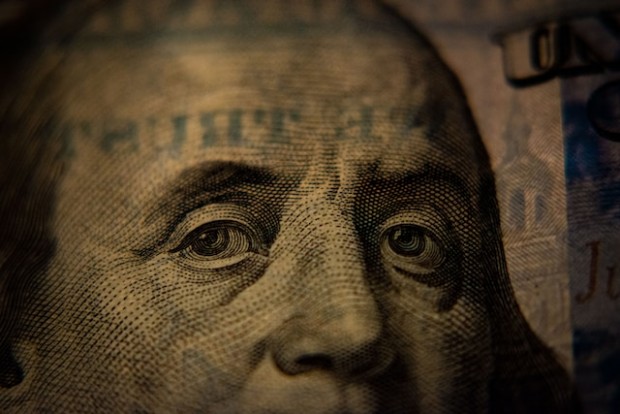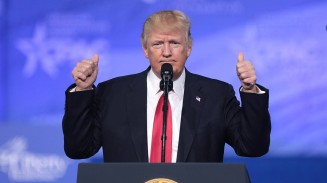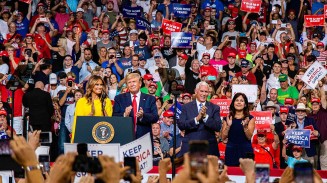
In an event that could drastically alter the future of taxing the rich in America, the Supreme Court heard arguments on Moore vs the United States on Tuesday. This case could influence the tax code significantly and upset key tax provisions targeted toward more affluent Americans. Should this be the case, this could cost the government several billions in revenue.
The Crux of the Matter
This case's heart lies in a section of the Republican-crafted Tax Cuts and Jobs Act passed in 2017. This act imposed a one-time transition tax on shareholders for undistributed profits accrued from 1986 to 2017 by certain foreign firms, majority-owned by American shareholders. This tax is expected to raise $340 billion in a decade. In a heated two-hour argument in court, most justices favored the government's arguments, validating the tax on overseas investments.
The Moores, Charles, and Kathleen, investors in an Indian company, challenged the transition tax as it violated the 16th Amendment, highlighting they received none of the company's profits. Justice Brett Kavanaugh, whose vote carries substantial weight in the court, leaned towards a ruling that wouldn't majorly affect the US tax policy.
Although Charles and Kathleen Moore only contest the transition tax, the Supreme Court decision could extend beyond this specific tax. A verdict favoring the Moores might increase the current tax code ambiguity and lead to subsequent lawsuits aiming to overturn other tax provisions.
ALSO READ: Supreme Court Steps Up To Examine The Quadrillion-Dollar Tax Issue
The Battle to Tax the Wealthy
Concurrently, several Democrats, including President Joe Biden, Sens. Elizabeth Warren, Ron Wyden, and Vermont Senator Bernie Sanders, have suggested new tax forms for the ultra-rich. They aim to fund their spending plans with these taxes, which primarily assist the lower-income and middle-class citizens.
Among these proposed measures are taxes on annual increases in the value of assets not yet sold or the net worth tax imposed on the super-rich. Moves such as these could be derailed by the Supreme Court ruling in favor of the Moores.
A Step Too Far?
Several conservative groups suggest that the 16th Amendment necessitates an income tax to be realized before being taxed. They were concerned that the 9th Circuit Court's verdict could open avenues for a federal wealth tax. However, the argument from the side of the government stands sturdy by denying any restriction to taxing realized gains only by the 16th Amendment.
Implications Towards Corporate Behaviours
A hypothetical illustration of the Supreme Court's decision in Moore's favor extends beyond this specific tax provision. It could invalidate several tax provisions impacting wealthy Americans, costing the federal government billions of dollars in revenue.
A broad outcome could also shape corporate behaviors around the globe and stimulate them to redirect profits to tax-friendly foreign countries.
This case illustrates the complexity of tax laws that might influence future taxation measures. It is fundamental to seek expert legal advice if you or your organization could be affected by these potential changes to your financial plans. Contact a trusted legal advisor today for insight and guidance.
RELATED TOPIC: Kelly Clarkson Secures $2.6M Legal Win as Ex-Husband Ordered to Repay Unlawful Business Deals
© 2023 Lawyer Herald All rights reserved. Do not reproduce without permission.
Get the Most Popular Lawyerherald Stories in a Weekly Newsletter





